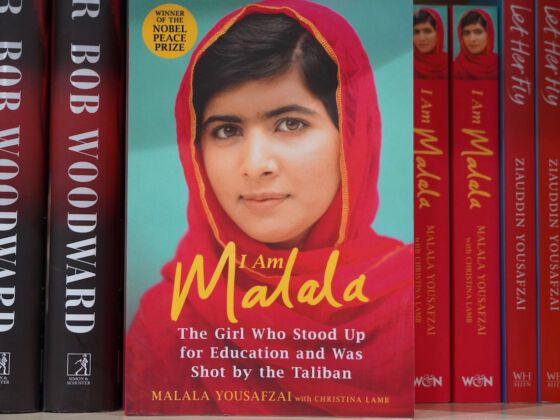1. Sizani Ngubane, Founder of Rural Women’s Movement
Imagine inheriting land from a relative only to have it taken away because of your gender. Although South Africa is one of Africa’s most developed nations, this is the case for so many women in rural areas where traditional tribal communities are exempt from some of the country’s post-apartheid constitutional rules and protections.
